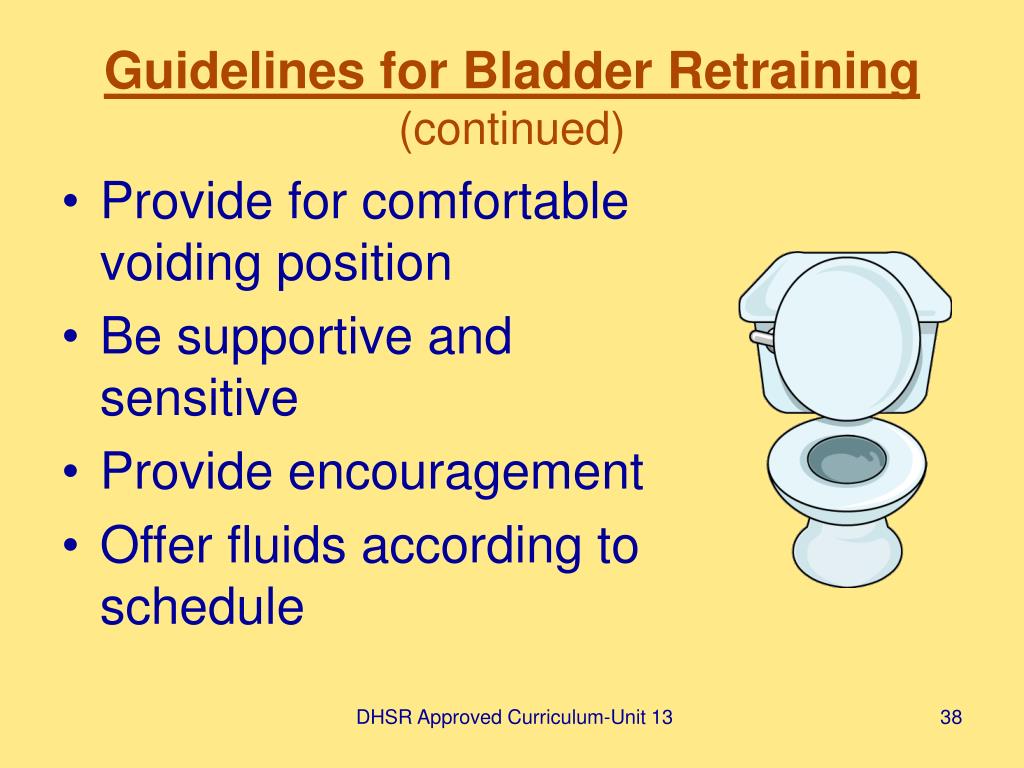
September 7, 2024
Results Of Estrogen With And Without Progestin On Urinary Incontinence Geriatrics Jama
6 Ways To Treat Bladder Leakage From adolescence to menopause, hormonal fluctuations can affect the toughness and feature of the https://Achievable-wellness.b-cdn.net/Achievable-wellness/deep-breathing/current-advancements-in-urodynamics-in.html pelvic flooring muscle mass, frequently resulting in urinary system problems such as anxiety urinary incontinence (SUI). A large component of this is as a result of pregnancy, giving birth and menopause. Each of these occasions in a female's life can lead to bladder control problems. Pregnancy can be a temporary root cause of incontinence and the bladder control concerns commonly get better after the baby is birthed. Some ladies experience urinary incontinence after delivery due to the strain childbirth tackles the pelvic floor muscles. When these muscular tissues are weakened, you're more probable to experience leak problems. Many females experience premenstrual disorder (PMS) regarding 1-2 weeks prior to hemorrhaging begins. A holistic method that makes use of medication, way of living changes, physical treatment, or other interventions may help reduce them or help a person manage them. Many people believe that it's something that simply goes along with aging and is an inescapable issue. If you discover that urinary incontinence is troubling your everyday tasks and creating you to lose out on points you usually appreciate, speak with your healthcare provider.Estrogen
Furthermore, the individual relearns how to control the bladder and reinforce the involved muscle mass. Urinary bladder hypocontractility or bad accommodation of pee throughout storage may cause constant leakage of little volumes of pee. Dysfunction may be caused by urinary system tract infection, persistent inflammatory problems, neoplastic sores, exterior compression, and chronic partial electrical outlet blockage.Reduced Estrogen Levels
Your bladder is like a storage tank-- as soon as the bladder is full, the brain sends a signal that it's time to pee. Pee then leaves the bladder when a muscular tissue opens (sphincter), enabling the pee to flow freely out of the body through the urethra. It is essential to identify the kind of urinary system incontinence that you have, and your signs often tell your doctor which kind you have.Is Incontinence Much More Usual In Females?
During this process, the posterior wall surface of the urethra shears off the former urethral wall to open up the bladder neck when innate sphincter shortage exists. Useful incontinence is the failure to hold urine because of reasons apart from neuro-urologic and reduced urinary system system dysfunction. Videourodynamic studies are booked to review complicated instances of tension urinary incontinence.- Double-contrast cystography may be indicated for full visualization of the urinary bladder and recognition of urinary bladder lesions.
- Endocervix glandular tissue task during menopause and ultimately the quantity of mucin lowers that this causes to vaginal dry skin that occurs as a major problem in postmenopausal women.
- In biofeedback, a cable is connected to an electric patch over your bladder and urethral muscles.
- Urge urinary incontinence is more widespread after the menopause, and the optimal prevalence of stress urinary incontinence occurs around the time of the menopause.
- These hormonal changes can affect bladder feature and urinary system practices, materializing as urinary system signs such as raised frequency, urgency, or leak.
- Tension incontinence develops when task puts increased pressure on your bladder.
Which hormonal agent is in charge of bladder?
Social Links